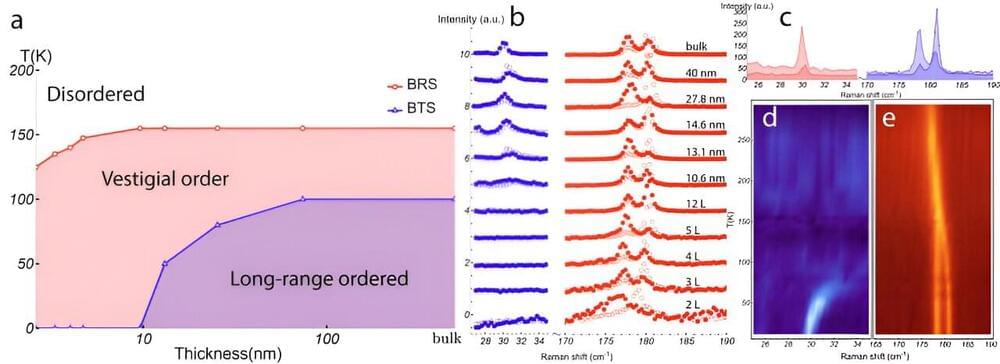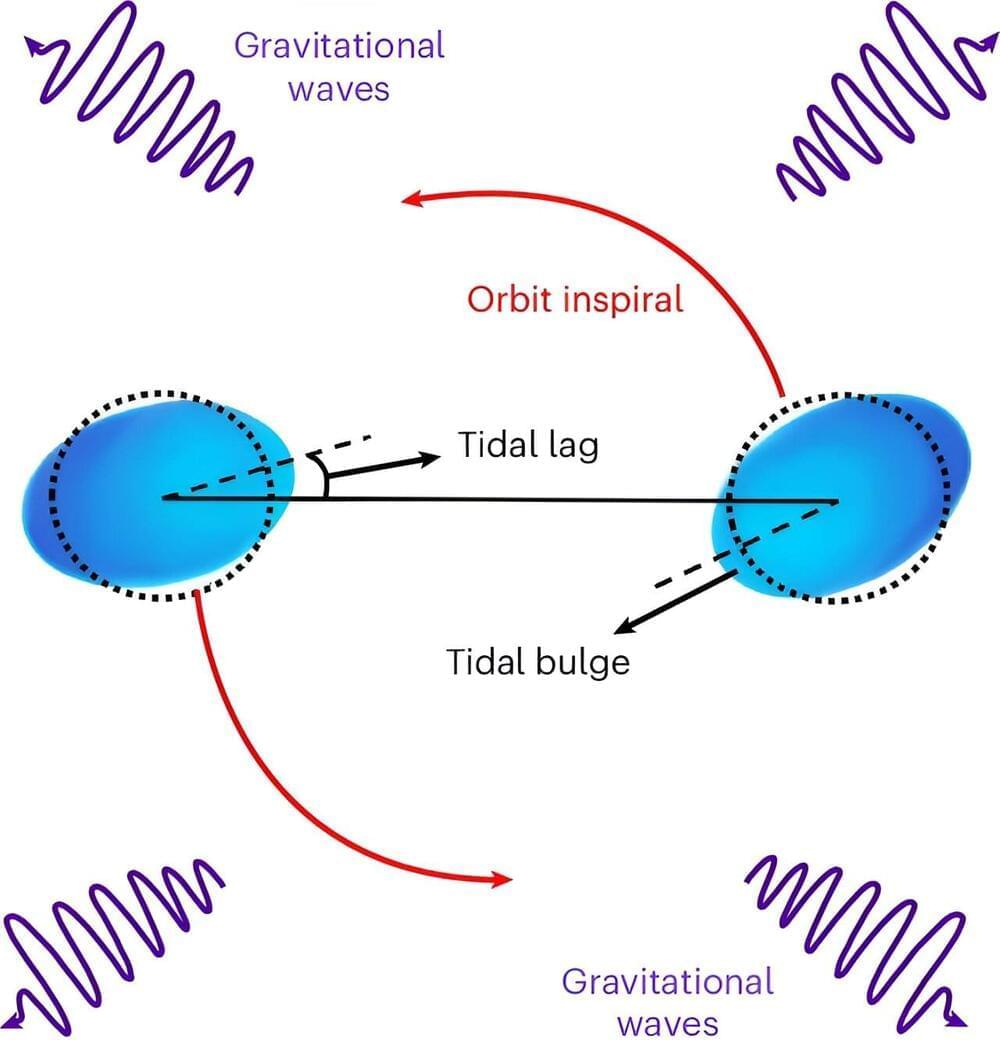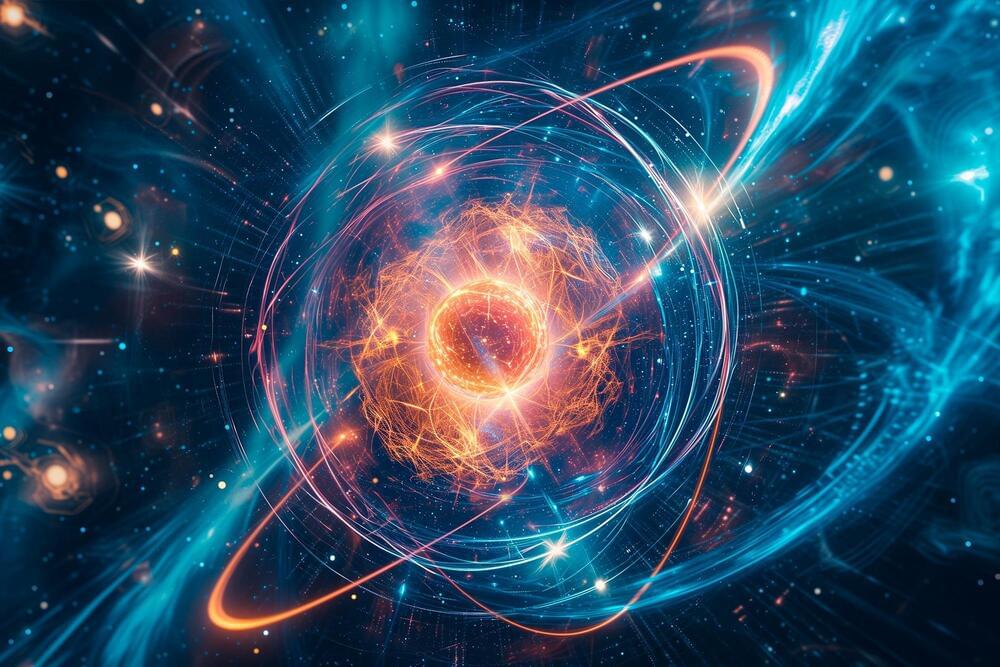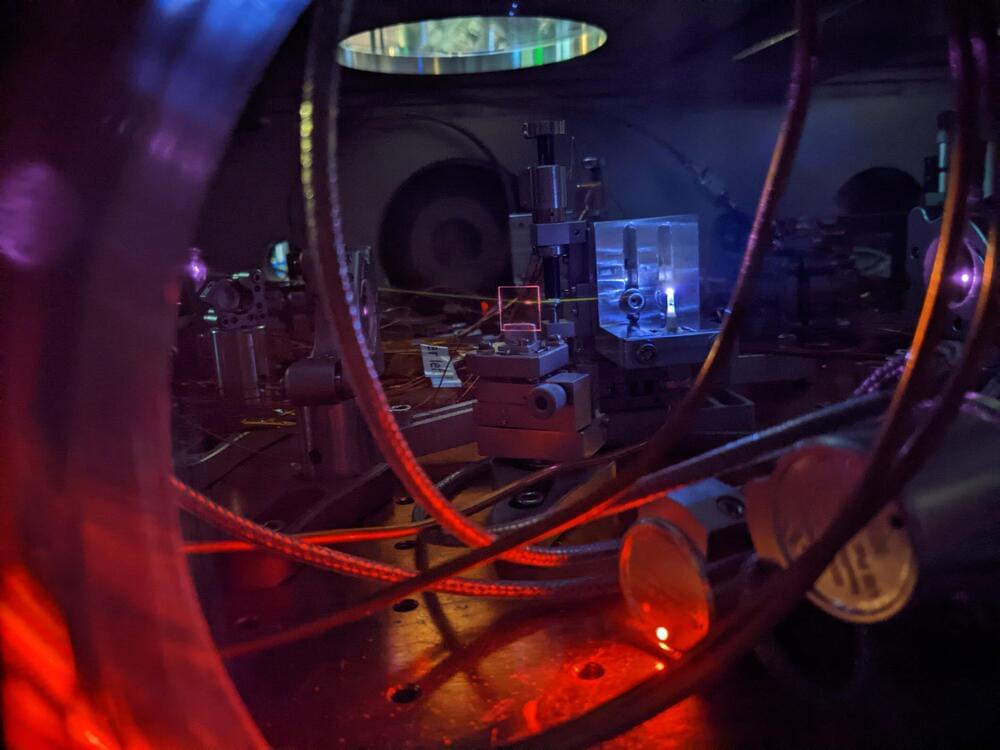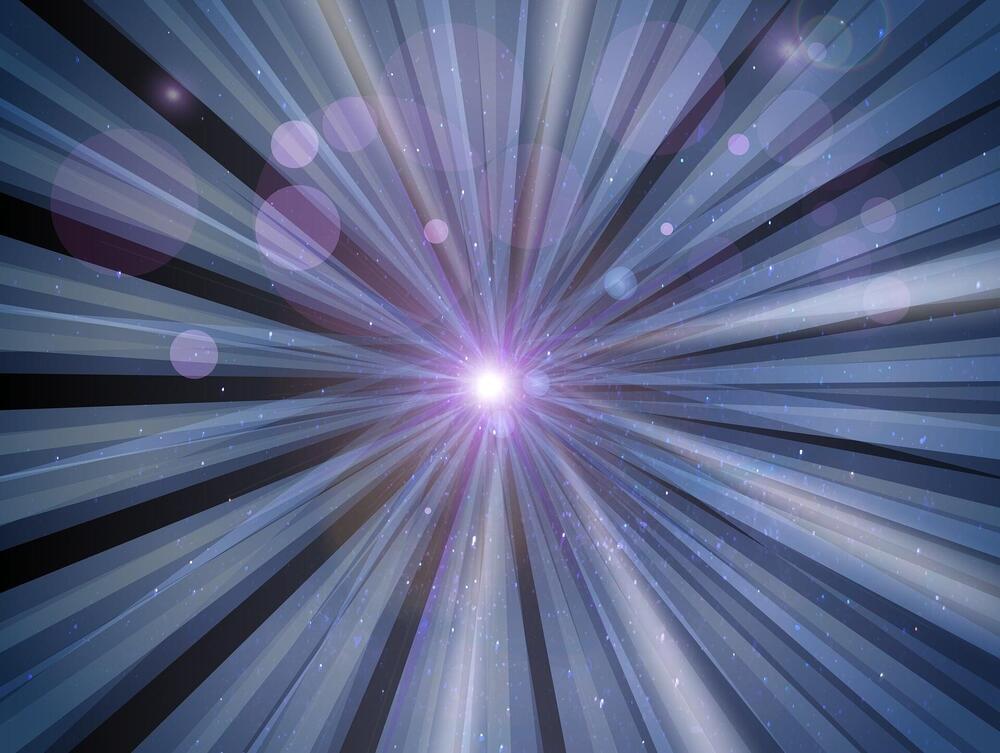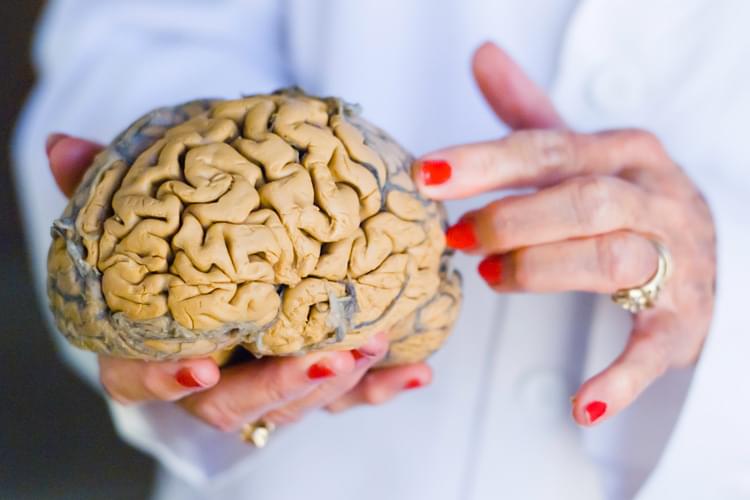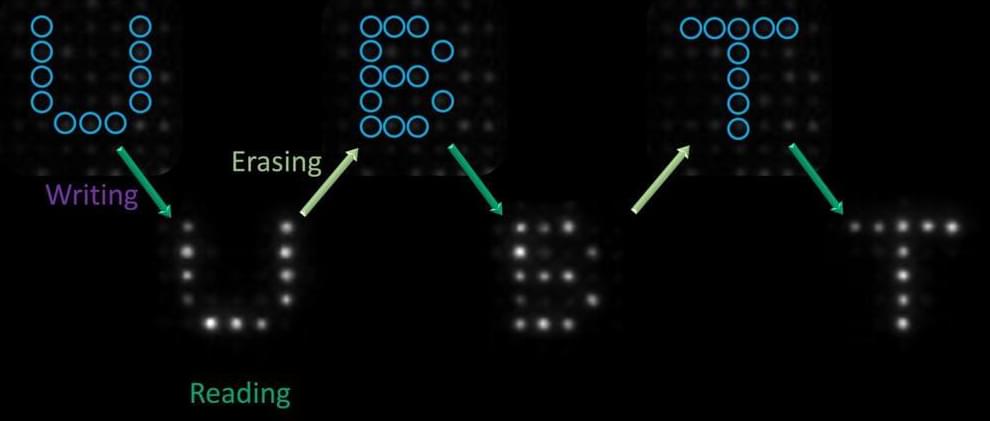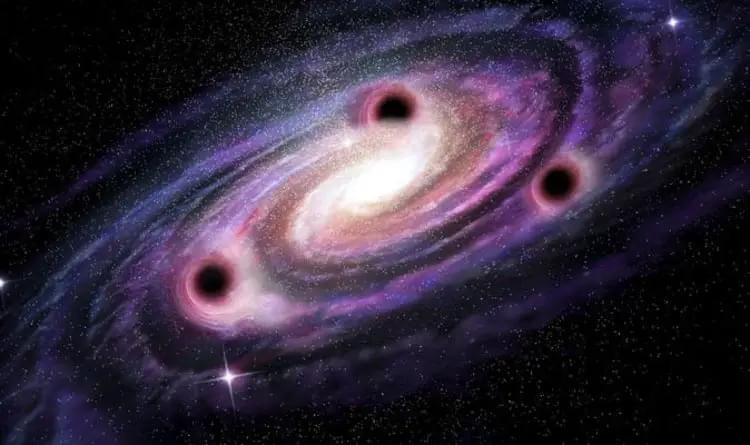In the case of NiPS3, the researchers observed an intermediate symmetry breaking which leads to a vestigial order. Just as the term “vestigial” refers to the retention of certain traits during the process of evolution, the vestigial order here can also be viewed as the retention during the process of symmetry breaking.
This happens when the primary magnetic long-range order state melts or breaks down into a simpler form, in the NiPS3 case, a 2D vestigial order state (known as Z3 Potts-nematicity), as the material is thinned. Unlike conventional symmetry breaking, which involves the breaking of all symmetries, vestigial order only involves the breaking of some symmetries.
While there are numerous examples from a theoretical standpoint, experimental realizations of vestigial order have remained challenging. However, the investigation of this 2D magnetic material has shed the first light on this issue, demonstrating that such a phenomenon can be observed through dimension crossover.
